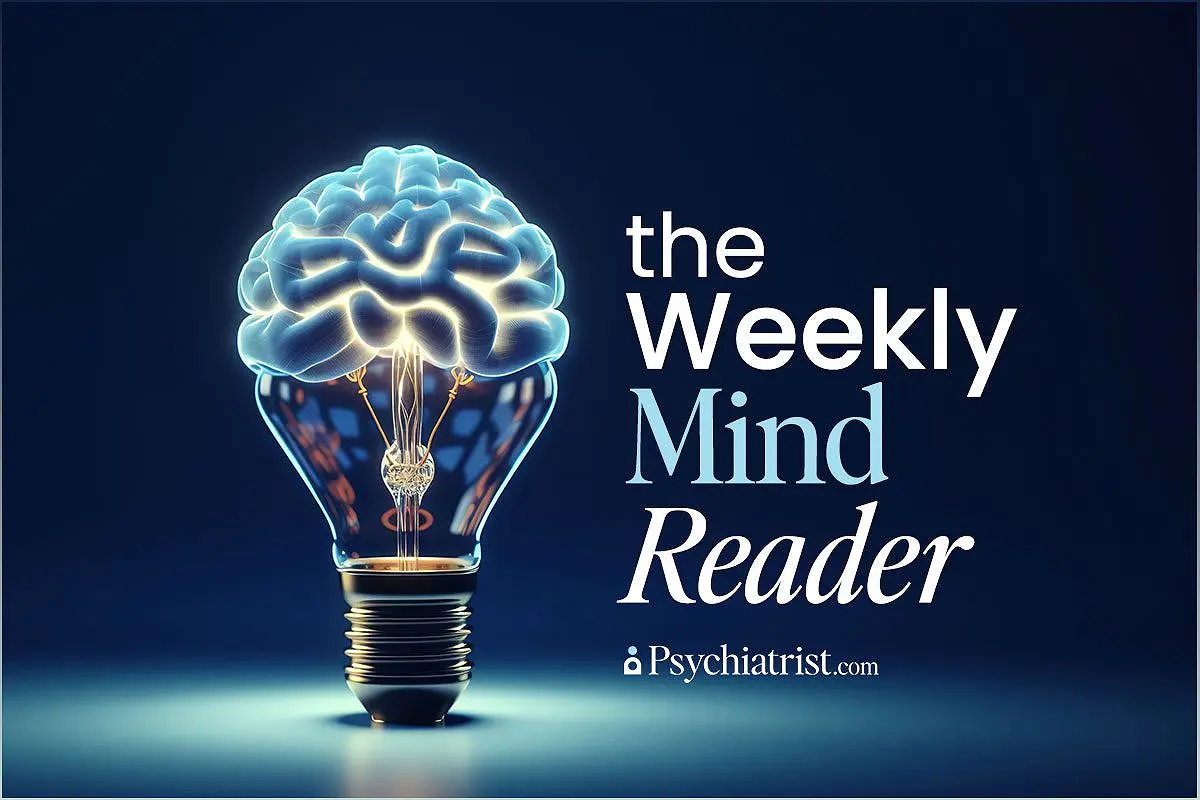New WHO Guidelines for Treating Mental Health Disorders: A Comprehensive Update
Welcome to the world of mental health where the World Health Organization (WHO) has just released the latest edition of the Mental Health Gap Action Programme (mhGAP) guideline. This comprehensive update brings forth new insights and recommendations for treating mental, neurological, and substance use disorders (MNS disorders). With over 75 percent of those affected lacking access to necessary treatment, the mhGAP initiative aims to bridge this treatment gap, particularly in non-specialized primary healthcare settings. Join me as we delve into the key highlights and recommendations of this groundbreaking guideline.
New Insights and Recommendations for Treating MNS Disorders
Explore the latest updates and recommendations provided by the WHO Mental Health Gap Action Programme (mhGAP) guideline for treating mental, neurological, and substance use disorders (MNS disorders).
The updated mhGAP guideline brings a wealth of new insights and recommendations for treating a wide range of MNS disorders. It aims to empower primary healthcare workers to provide effective care and bridge the treatment gap that exists for over 75 percent of those affected.

One notable addition in this update is the dedicated module for anxiety disorders, which are increasingly prevalent in today’s society. The guideline suggests the use of cognitive behavioral therapy (CBT), stress management techniques, and Selective Serotonin Reuptake Inhibitors (SSRIs) for the treatment of anxiety and panic disorders.
Furthermore, the guideline emphasizes the importance of psychological treatments for various MNS conditions. It covers recommendations for psychosocial support for carers of people with psychosis or bipolar disorder, interventions for alcohol dependence and substance use, as well as strategies for managing dementia and neurodevelopmental disorders in children and adolescents.
For women of childbearing age, the guideline advises against the use of valproic acid (sodium valproate) due to the risks of birth defects. Women currently taking valproic acid should consult their doctor before planning a pregnancy and use effective contraception.
The updated guideline also highlights the prominence of digitally-delivered psychological and psychosocial interventions for a range of disorders. It recommends physical exercise, CBT, cognitive stimulation therapy, and cognitive training for dementia management.
In terms of pharmacological updates, the guideline includes a range of antipsychotic and antiepileptic medications for treating psychosis, bipolar disorder, and epilepsy.
Empowering Primary Healthcare Workers
Learn how the new WHO mental health guidelines empower primary healthcare workers to provide effective care for individuals with MNS disorders.
The updated mhGAP guideline serves as a valuable resource for primary healthcare workers, such as doctors and nurses, enabling them to deliver quality care to individuals with MNS disorders. It equips them with the necessary knowledge and recommendations to address these critical health issues.
By providing evidence-based guidelines and recommendations, the WHO aims to bridge the treatment gap and ensure that individuals with MNS disorders receive the care they need in non-specialized primary healthcare settings. This is particularly important as the majority of those affected do not have access to necessary treatment.
Health planners and managers can also benefit from the guideline, as it aids in developing strategies and policies to address mental health challenges at a broader level. By empowering primary healthcare workers and improving access to care, the WHO is taking a significant step towards improving global mental health and well-being.
Advancements in Digital Interventions and Telehealth Policies
Discover the prominence of digitally-delivered psychological and psychosocial interventions, as well as the expansion of telehealth policies in the field of mental health.
The updated mhGAP guideline recognizes the growing importance of digitally-delivered psychological and psychosocial interventions in the field of mental health. These interventions provide accessible and convenient options for individuals seeking support and treatment.
Recommendations include the use of digital platforms for cognitive behavioral therapy (CBT), cognitive training, and cognitive stimulation therapy. These interventions can be particularly beneficial for individuals with dementia and neurodevelopmental disorders.
Additionally, the article highlights the expansion of telehealth policies, which have become increasingly relevant in the context of the COVID-19 pandemic. Telehealth allows for remote consultations and therapy sessions, ensuring continuity of care and reducing barriers to access.
By embracing digital interventions and telehealth policies, the field of mental health is evolving to meet the needs of individuals in a rapidly changing world. These advancements have the potential to improve mental health outcomes and increase the reach of services to underserved populations.
